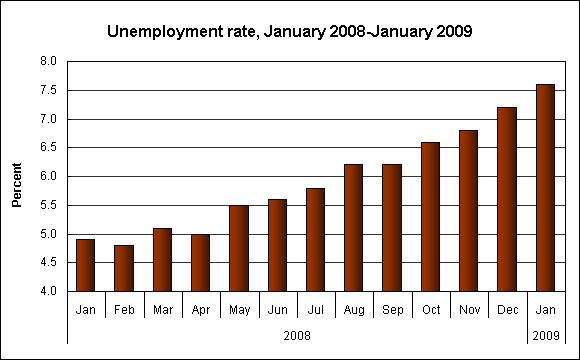
In this day and age of bailouts by the billions, it amazes me that Detroit automakers still think they should have a say in what kinds of cars they manufacture.
For decades these companies have blocked and impeded change to our nation's fuel economy standards. Which is regulated by the Environmental Protection Agency (EPA), and who has, since the Bush-era, prevented places like California from developing stricter standards.
The automakers claim that any new stricter regulations would stifle innovation, but yet fail to account for how, with the current standards, the end result is still a lack of innovation. For decades Detriot's Big Three could of been leaders in innovation and manufactured 100 mpg vehicles, but instead manufactured gas guzzling SUVs and trucks. Then have the nerve to complain that, although people want 100 mpg vehicles, to innovate and give the customer what they want would prevent innovation.
It is no wonder Detriot's Big Three is on the verge of bankruptcy.
Don't get me wrong, I think the automobile manufacturing industry should be government supported, if for no other reason than places like Japan and China support their automobile manufacturing. Therefore to compete with Asian auto manufacturers, we need to compete on an even playing field. However, that does not mean that they should be given free reign to obstruct what consumers want, or that government should not have a say, if they are supporting them financially. Hopefully, with what could be their final battle over EPA miliage rules, will be one they lose.
(Photo Courtesy of TIME Inc.)

